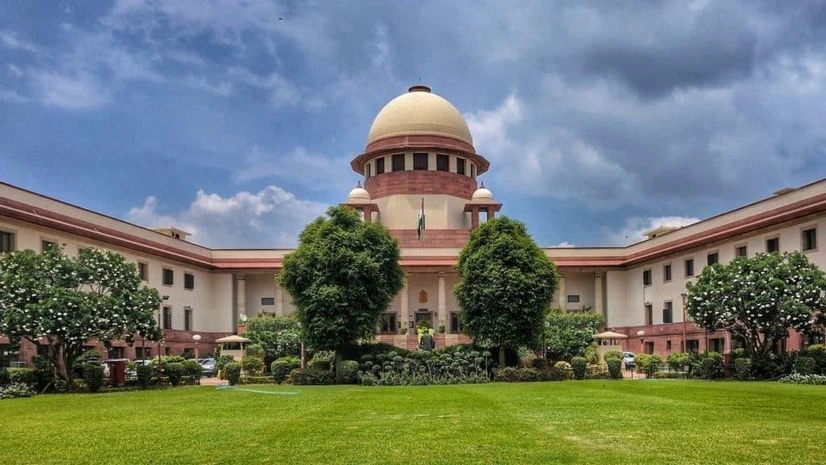)
The apex courtroom additionally refused to entertain one other software searching for disclosure of the small print of electoral bonds bought from March 1, 2018, to April 11, 2019.
Not ordering disclosure of particulars of electoral bonds previous to April 12, 2019 was a “conscious choice” by the Constitution bench, the Supreme Court stated on Monday whereas refusing to entertain the submissions of ASSOCHAM and CII in opposition to the disclosure of bond particulars on the bottom of their plea not being listed.
A five-judge Constitution bench headed by Chief Justice D Y Chandrachud referred to the April 2019 interim order handed by the apex courtroom within the case.
On April 12, 2019, the highest courtroom had issued an interim order directing that the details about the donations obtained and donations which will likely be obtained have to be submitted by political events to the EC in a sealed cowl.
On Monday, the bench refused a listening to on unlisted pleas of business our bodies, Associated Chambers of Commerce & Industry of India (ASSOCHAM) and Confederation of Indian Industry (CII) in opposition to the disclosure of bond particulars.
Rohatgi stated how the small print will be requested to be divulged now when the electoral bonds scheme had launched nameless monetary contributions to political events.
“With effect from April 12, 2019, we had directed the collection of details. Everyone was put to notice at that time. This is why we did not ask for disclosure of bonds sold prior to the interim order. This was a conscious choice by the Constitution bench,” Justice Chandrachud stated.
The business our bodies had been effectively conscious of the continuing proceedings within the electoral bonds case, the bench, additionally comprising justices Sanjiv Khanna, B R Gavai, J B Pardiwala and Manoj Misra, stated and requested Rohatgi as to why they selected to not method it earlier.
Justice Gavai stated now such unlisted purposes can’t be taken up for listening to.
Echoing his views, the CJI stated if such an unlisted software is allowed to be taken up, then how can the bench deny similar aid to different attorneys.
The apex courtroom informed the State Bank of India to make “complete disclosure” of all particulars associated to the electoral bonds scheme by March 21.
It stated the small print to be disclosed embrace the distinctive bond numbers that may reveal the hyperlink between the patrons and the recipient political events.
The bench stated there may be “no manner of doubt that the SBI is required to make complete disclosure of all the details” that are in its possession.
It stated the Election Commission shall forthwith add on its web site the small print obtained from the SBI.
The apex courtroom additionally refused to entertain one other software searching for disclosure of the small print of electoral bonds bought from March 1, 2018, to April 11, 2019.
In a landmark verdict on February 15, a five-judge Constitution bench had achieved away with the scheme, calling it “unconstitutional”, and ordered disclosure by the Election Commission of donors, the quantity donated by them and the recipients by March 13.
Last Friday, the apex courtroom had admonished SBI for furnishing incomplete info and issued a discover to the financial institution to clarify the explanations for the non-disclosure of distinctive alphanumeric numbers.
(Only the headline and movie of this report might have been reworked by the Business Standard workers; the remainder of the content material is auto-generated from a syndicated feed.)
First Published: Mar 18 2024 | 8:08 PM IST




